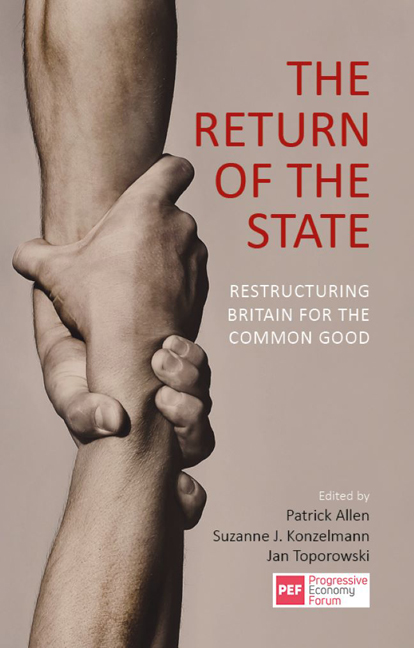4 - A second internationalism of labour
Published online by Cambridge University Press: 22 December 2023
Summary
An alternative analysis of economic and political dysfunction requires an internationalism of labour operating on three levels, with international arrangements supporting domestic change.
• Micro: trade union recognition and rights, collective bargaining, other domestic/international industry-level agreements, facilitated and promoted by the International Labour Organization (ILO) and other international institutions.
• Macro: Bretton Woods 2.0/clearing union exchange mechanism to permit domestic autonomy (including permanently low interest rates and increased government spending) and facilitate international trade but contain speculation; global fund to support economic development.
• Meso: industry and regional strategies, investment to meet climate emergency, global tax reform, with international coordination as relevant.
The agenda challenges the false opposition between globalization and nationalism. With globalization understood as an internationalism on the terms of capital, internationalism must instead be conducted on the terms of labour.
The relevant interplay of class forces, politics and economics is shown by events over the past century, in particular, the progressive and left debate in the interwar period. The associated policy changes amounted to a first internationalism of labour (IOL), devised as an alternative to both the disastrous internationalism of capital (IOC) implemented in the wake of the First World War and the subsequent degeneration to nationalism. Today's economic, social and political crises are understood as the inevitable consequences of a renewed IOC, most obviously but imprecisely traced back to Thatcher, Reagan and the “Volcker shock” (the sharp rise in US interest rates introduced in 1981/82 by Paul Volcker, the then chairman of the Federal Reserve).
A second internationalism of labour is the correct – and viable – alternative to resumed nationalist degeneration. In November 2018 international trade union economists and officials concluded: “Populism and anti-politics are a reaction to this but instead of an inward-looking agenda the solution must come from the global stage. To foster a global debate on an alternative approach, the global Trade Union movement has a key role to play.”
Nationalist poison makes such change seem far-fetched. It is less farfetched against the scale of the crisis.
In this chapter the present internationalism of capital is outlined, showing how class forces have led to excess rather than deficient supply, and the consequent threat from private debt.
- Type
- Chapter
- Information
- The Return of the StateRestructuring Britain for the Common Good, pp. 45 - 58Publisher: Agenda PublishingPrint publication year: 2021



